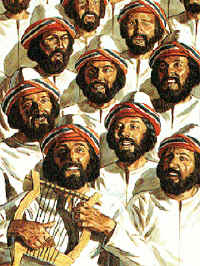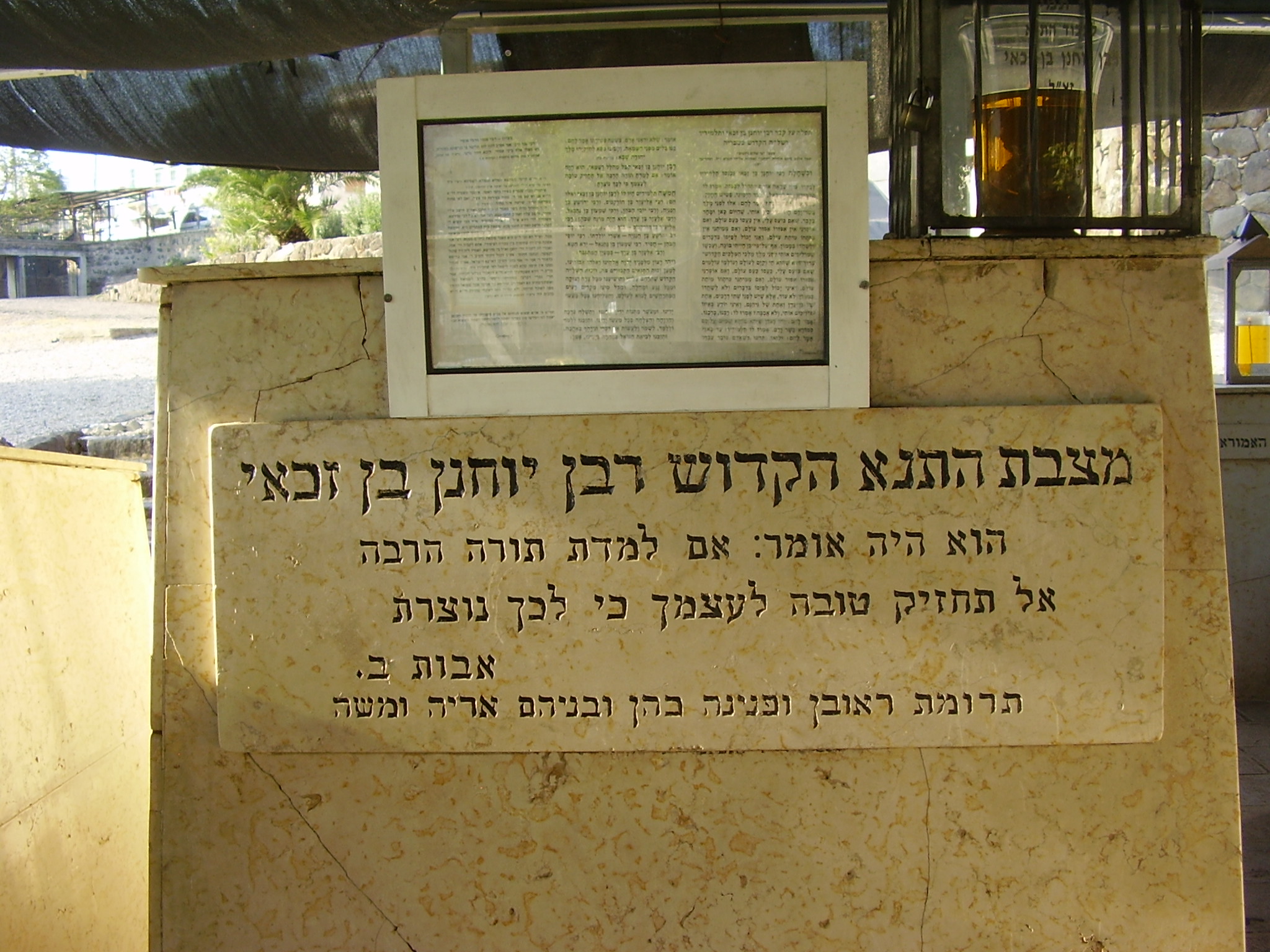Beitzah 5a
1- We continue concerning the situation after the destruction of the Beis Hamikdash.


Being no longer concerned about wreaking havoc in the performance of rituals in the Beis Hamikdosh, witnesses were now accepted all day. Rosh Hashana was still occasionally observed 2 days but only because of ‘doubt’, not by Takana or edict.

On the 30th day of Elul people would observe the day as a ‘potential’ Rosh Hashana because perhaps witnesses may yet come forth. They would wait until the end of the day. If no one came to testify then the next day would be Rosh Hashana by default.
Since these two days would both be observed because of doubt, not a Takana, they are two separate entities and not a Yoma Arichtah.
2- The issue is how the previous Takana of not accepting witnesses after Mincha was rescinded.

The Gemara states that a Takana enacted by Beis Din may be rescinded only by annulment of Beis Din (“Davar she’b’Minyan Tzarich Minyan Acher l’Hatiro”). Without the annulment, the enactment will not be canceled even when the cause for the enactment is no longer extant.
So the problem is that when this Takana was rescinded by Reb Yochanan Ben Zakai he only rescinded the practice of not accepting witnesses after Mincha, but he did not rescind the prohibition of the egg born on the first day Rosh Hashana.
3- In general, the above rule needs clarification as to when does this principle apply, and to what extent does it apply?

The example the Gemara uses is from the Takana concerning Kerem Revai.
Fruit that grows in the fourth year, following the three years of Orlah, is called Reva’i. The Torah refers to these fruits as Kodesh . They must be brought to Yerushalayim and eaten there while one is in a state of purity.

Harvesting Orla – tools of the trade
Alternatively, one may be Podeh (redeem) the fruits for money, in which case the money equal to their value gains the status of the original fruits of Reva’i. This money likewise must be brought to Yerushalayim and spent there to purchase food which must be eaten while one is in a state of purity.
A Takana was enacted that all fruits of farms within a day’s walk from Yerushalayim cannot be redeemed. The reason was to ‘beautify the markets of Yerushalayim’ by having bountiful produce displayed in the markets. Obviously, after the destruction of the Beis Hamikdosh with goyim controlling the city there would be no need to bring the fruit into Yerushalayim.

Rebbi Eliezer lived many years after the destruction of the Beis ha’Mikdash. To avoid the bother of hauling his fruit to Yerushalayim he wanted to renounce (mafkir) his ownership of his fruit in favor of the poor and they would bring it to Yerushalayim to eat.
His students told him that hefker is not needed to avoid bringing the fruit to Yerushalayim.

Why? Because ‘your fellow friends have already gathered and ruled that it is not necessary to bring the actual produce to Yerushalayim after the churban’.
The fact that they mentioned “your fellow friends have already gathered and ruled” shows that the removal of the reason alone for the enactment of a Takana is insufficient to have it rescinded.
A Beis Din would need to convene and rule to rescind it.

4- We began to read the opinions of the Rambam and the Ra’avad on this. Interesting Kesef Mishna next week bl”n.